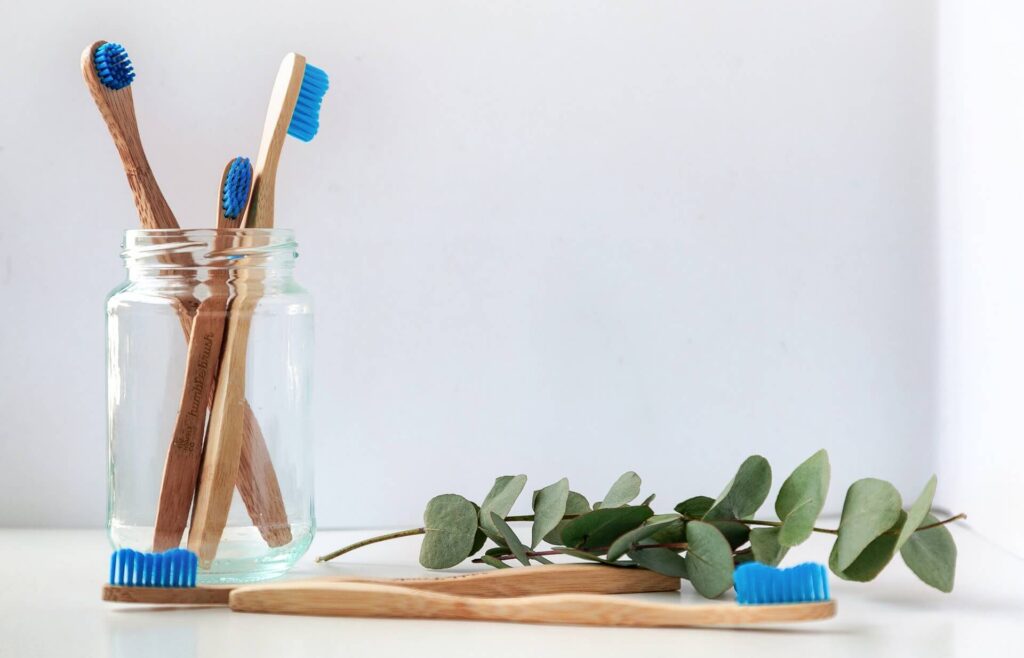Cavities (dental Caries)
Cavities (Dental Caries) appear on your teeth as result of tooth decay. Cavities can range from minor cavities which may not need treatment, to severe infections which can cause numerous health issues.There is never anything positive about the sudden presence of tooth and root decay. It’s even worse if it creates a hole in your teeth which can cause an entrance for bacteria to create tooth pain from the infection. A cavity can even cause a tooth to die!
What Are cavities?
Tooth decay will attack the tooth and eventually may erode away the enamel on the tooth creating cavities. Acids and bacteria in chewed foods will cause the decay (sugary foods are really bad), this will present itself in the form of blackish/brown holes, or spots on the tooth. These decayed areas may eventually be a cause for concern as the could create cavities later on. Want to know what the worst foods for your teeth are? Read about them here.
A cavity may not seem like much problem immediately, however, they can cause bad situations to occur, like dental abscesses which are very painful.

what are the signs and symptoms of a cavity?
Here are some of the signs and symptoms of a cavity:
- Abrupt, or sudden pain that happens for seemingly no reason.
- Tooth sensitivity – Hot or cold beverages will impact your decayed tooth more than normal.
- Noticeable decay – Small blackish/brown areas may first appear, then these can increase in size and impact.
- Painful bite – Pressure from even

Can cavities be prevented or avoided completely?
Yup! Cavity prevention is can be pretty easily accomplished in most cases. Having a healthy oral care routine is crucial to having the least amount of cavities possible. We, “the least”, because some cavities may be out of your control. It’s possible that you may have weak enamel, or you could be genetically prone to them.
Here is an example of a great oral health care routine:
- Rinse your mouth with water for 10 seconds.
- Wet the toothbrush and add a small amount of toothpaste.
- Gently but firmly brush each tooth until all the teeth in your mouth are brushed thoroughly. (This should take 30sec to a minute)
- Spit out the toothpaste, then rinse and spit again, (you should avoid swallowing the toothpaste if possible).
- After brushing and rinsing, floss each tooth with a piece of dental floss, or use a tool such as a floss pick.
- After flossing, use mouth wash to rinse out your mouth for 30 seconds before spitting that out as well. You should also avoid swallowing mouthwash as certain solutions can contain ingredients like alcohol. The alcohol is generally used in minimal quantities, but it’s something to keep in mind.

Who’s most at risk for cavities?
Do some foods cause more cavities than others?
Here are some of the foods that can rot teeth more than others:
- Sour Candy – Candies are tough, chewy, and sour candies that contain more acids than other candies which can be bad for your teeth.
- Bread – When bread breaks down it will digest into sugars and starches which can cause tooth decay. It can also be difficult to clean your teeth.
- Alcohol – When you drink liquor, you ironically dehydrate your mouth. A mouth that lacks saliva will have a tougher time washing away food particles.
- Soda & energy drinks – Soda typically contains both large amounts of sugar and carbonation. Sodas also can deposit acid on your teeth which is very bad for preventing cavities.
- Ice – Some people like to chew ice if you do recommend chewing crushed ice. Larger ice cubes can be tough on your teeth, causing chips and breaks.
- Potato chips – Potato chips contain lots of sugar since they are mostly fat and carbs. They also get stuck in your teeth quite easily which can be hard to clean.

Conclusion
No, you won’t always be aware about the presence of a cavity, some might hurt, some won’t. The best way to prevent cavities is a good oral routine and consistent checkups.
Some cavities are more severe than others, you also may experience more or less tooth sensitivity depending on the cavity.
Once decay starts it often gets worse over time. If you notice persistent decay, the best thing to do is to ask your dentist on oral care advice.
Cavities can be embarrassing, but not all cavities are your fault! It could be anything from bad genetics, to just bad luck. Do not be self-conscious about informing your dentist.
